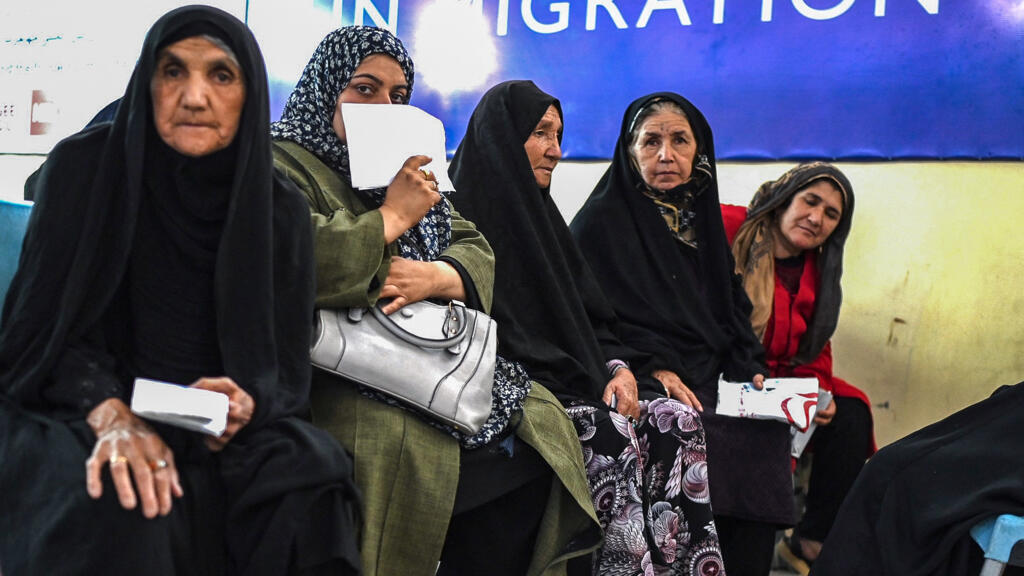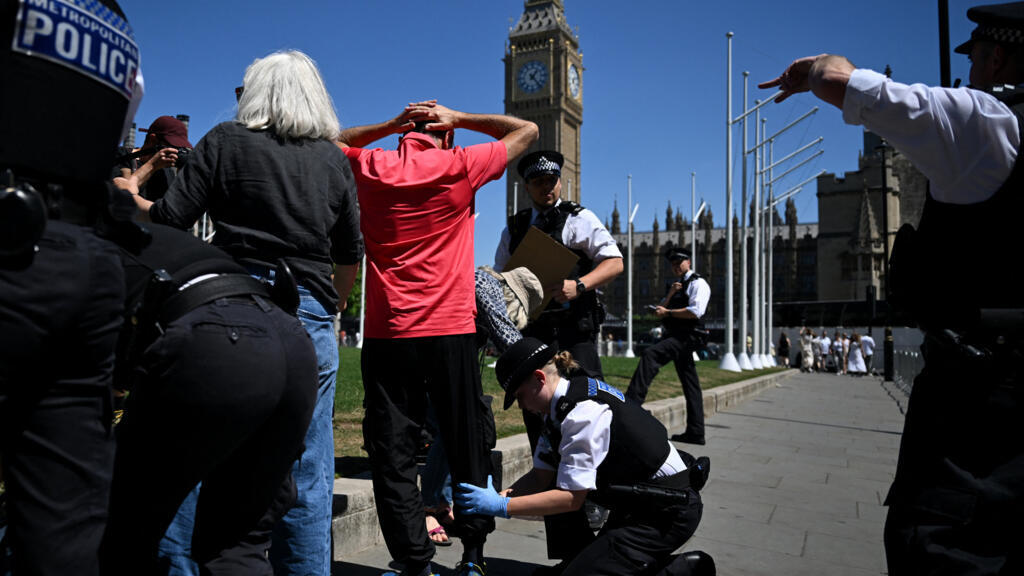In a significant development, thousands of Afghans who assisted the British government during the two-decade-long military and diplomatic operations in Afghanistan were relocated to the United Kingdom. This urgent relocation, part of a secretive scheme, was prompted by alarming circumstances following a major data breach in 2022 that severely compromised the safety of these individuals and their families. In light of this breach, the lives of many were placed in jeopardy due to heightened threats from the Taliban.
Details regarding this covert operation emerged after the UK High Court on a recent Tuesday lifted a gag order that had previously prohibited public reporting on the relocation scheme. The court's decision allowed for increased transparency surrounding the measures taken to protect Afghan allies who worked alongside British forces and officials. It also shed light on the dire situation many of these individuals faced, especially after the Taliban regained control of Afghanistan in August 2021, effectively sealing the fate of those who had cooperated with Western governments.
The data breach, which is understood to have exposed sensitive information about Afghans who aided British operations, raised serious concerns regarding retaliation from the Taliban against these individuals. Fearing for their lives, many sought refuge, prompting urgent calls for the UK government to take immediate action to ensure their safety. In response, the British government initiated a relocation scheme designed to extract those at high risk and provide them with a secure future in the UK.
Under this relocation program, which is believed to have been shrouded in secrecy to protect the identities and circumstances of the Afghan evacuees, thousands of individuals were processed for relocation, often amidst highly chaotic conditions. The program was part of broader efforts to honor commitments made by the UK government to safeguard the human rights of those who had risked their lives in support of British personnel.
The lifting of the gag order and the subsequent revelations have sparked stronger discussions within the UK Parliament about the responsibilities owed to Afghan allies. Lawmakers have called for greater accountability regarding how the government manages sensitive information related to these individuals, as well as the protocols for their protection in the event of such data breaches in the future. This situation underlines the importance of securing not only the safety of individuals who supported military efforts but also the integrity of the mechanisms that are designed to protect them.
As the UK continues to grapple with the implications of its withdrawal from Afghanistan and the subsequent return of the Taliban to power, the ethical obligations towards those who aided in its operations remain a focal point of national debate. The recent disclosures highlight both the urgent need for effective support systems for Afghan evacuees and the potential risks associated with governmental security measures that may falter in volatile environments.
In conclusion, the relocation of thousands of Afghan allies to the UK signifies a pivotal moment in addressing challenges related to wartime commitments and human rights. The ongoing discussions in Parliament are essential for shaping policies that will impact futures and lives not only in the UK but also for those who have stayed behind in Afghanistan.












